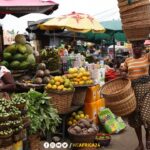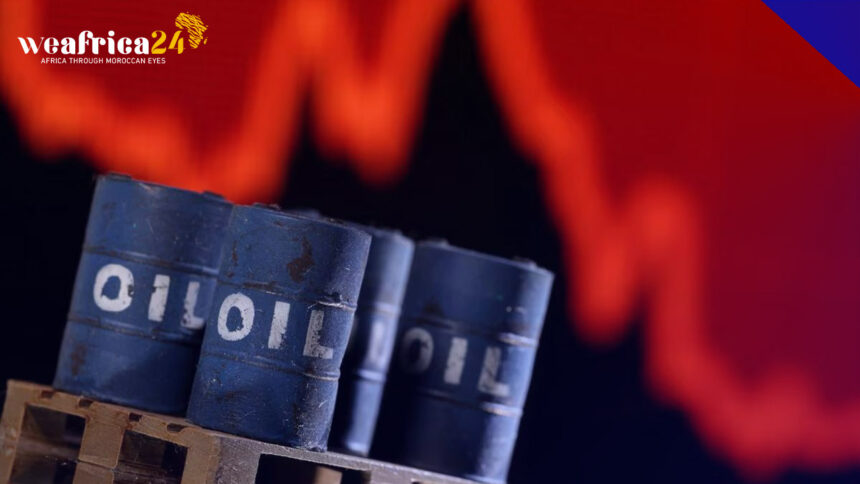The Democratic Republic of Congo’s hydrocarbons ministry has initiated discussions with neighboring Uganda to explore the possibility of leveraging Uganda’s upcoming crude oil pipeline for the exportation of petroleum.
Uganda is currently in the process of developing the East African Crude Oil Pipeline (EACOP), a significant project valued at $3.5 billion. Stretching across 1,445 kilometers, the pipeline will originate from the oil fields located in Uganda’s Albertine rift basin, situated along its western border with Congo. Its trajectory will extend to the Indian Ocean seaport of Tanga in Tanzania.
Upon the commencement of production in 2025, the pipeline will serve as a vital conduit for transporting Uganda’s crude oil to global markets, enabling the country to access international buyers and establish its presence in the global energy landscape.
In a recent Twitter statement, the Ministry of Hydrocarbons of the Democratic Republic of Congo announced that Minister Didier Budimbu had a meeting with Uganda’s Energy Minister, Ruth Nankabirwa Ssentamu. The discussions centered around the topic of accessing the pipeline and its potential utilization for Congo’s hydrocarbon needs.
Uganda and DRC Engage in talks over Oil Pipeline
According to the statement, Uganda has recognized the significant need for the Democratic Republic of Congo (DRC) to access the East African Crude Oil Pipeline (EACOP) to facilitate the transportation of crude oil extracted from the oil exploration blocks situated in the Albertine Graben region of the DRC.
As per the statement, technical teams from both nations will engage in discussions and compile reports about the matter. The respective ministers will subsequently present these reports to their respective presidents, who will then provide a comprehensive briefing. The purpose of this briefing will be to discuss the potential signing of a Memorandum of Understanding, solidifying the agreement between the two countries regarding the utilization of the East African Crude Oil Pipeline (EACOP).
In the previous year, the Democratic Republic of Congo conducted an auction for 30 oil and gas blocks. However, concerns have been raised by environmentalists who argue that the development of certain blocks could result in the exploration of ecologically sensitive regions, potentially leading to the release of significant carbon emissions into the atmosphere.







